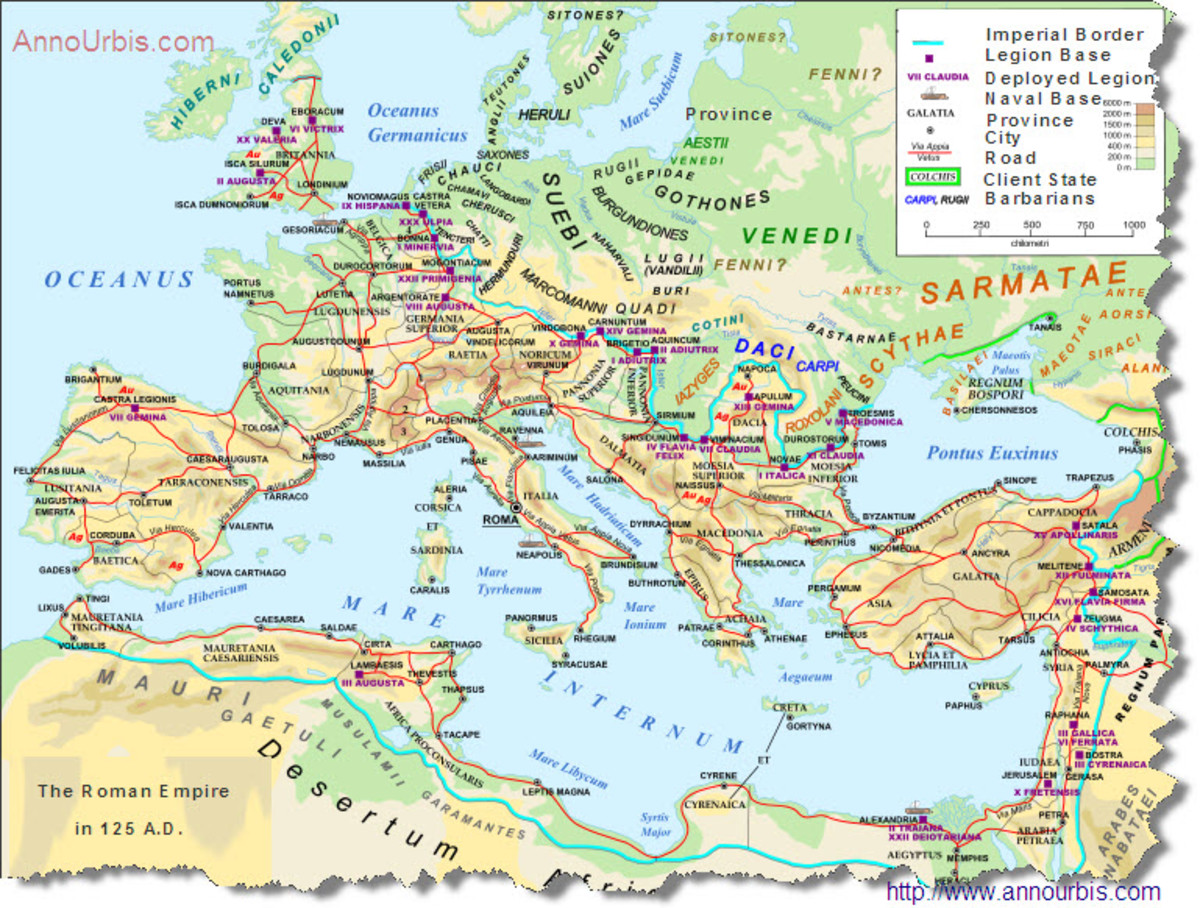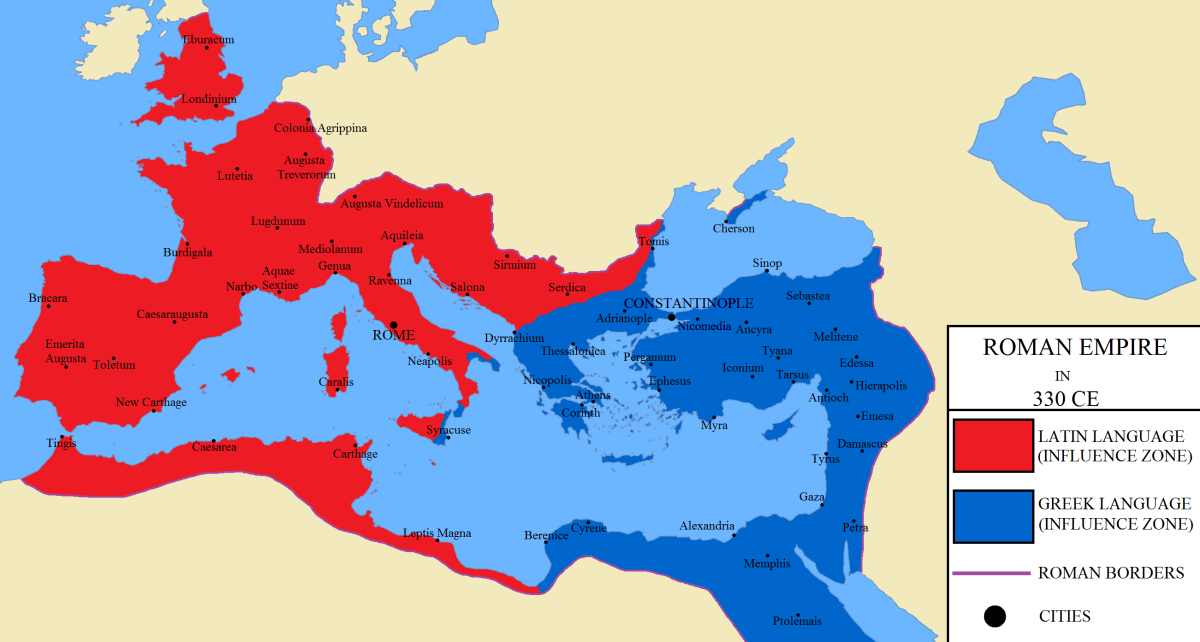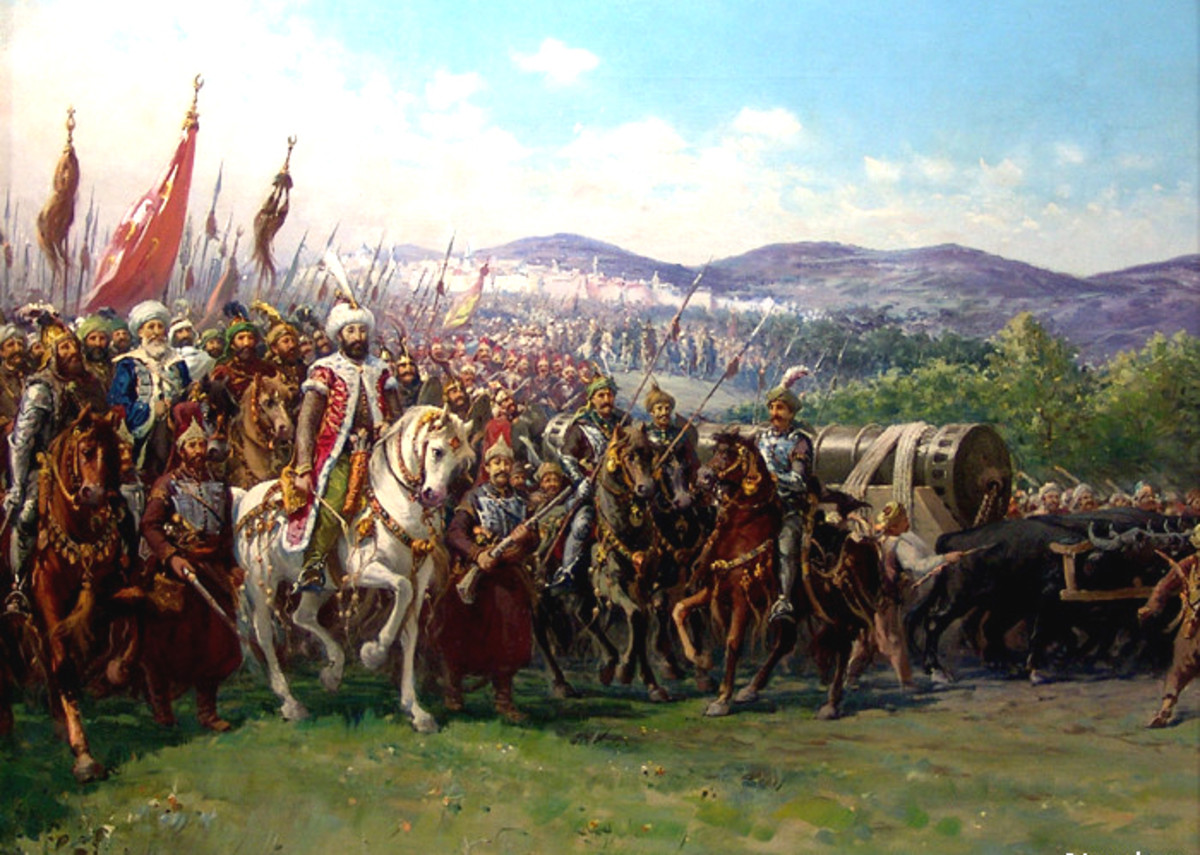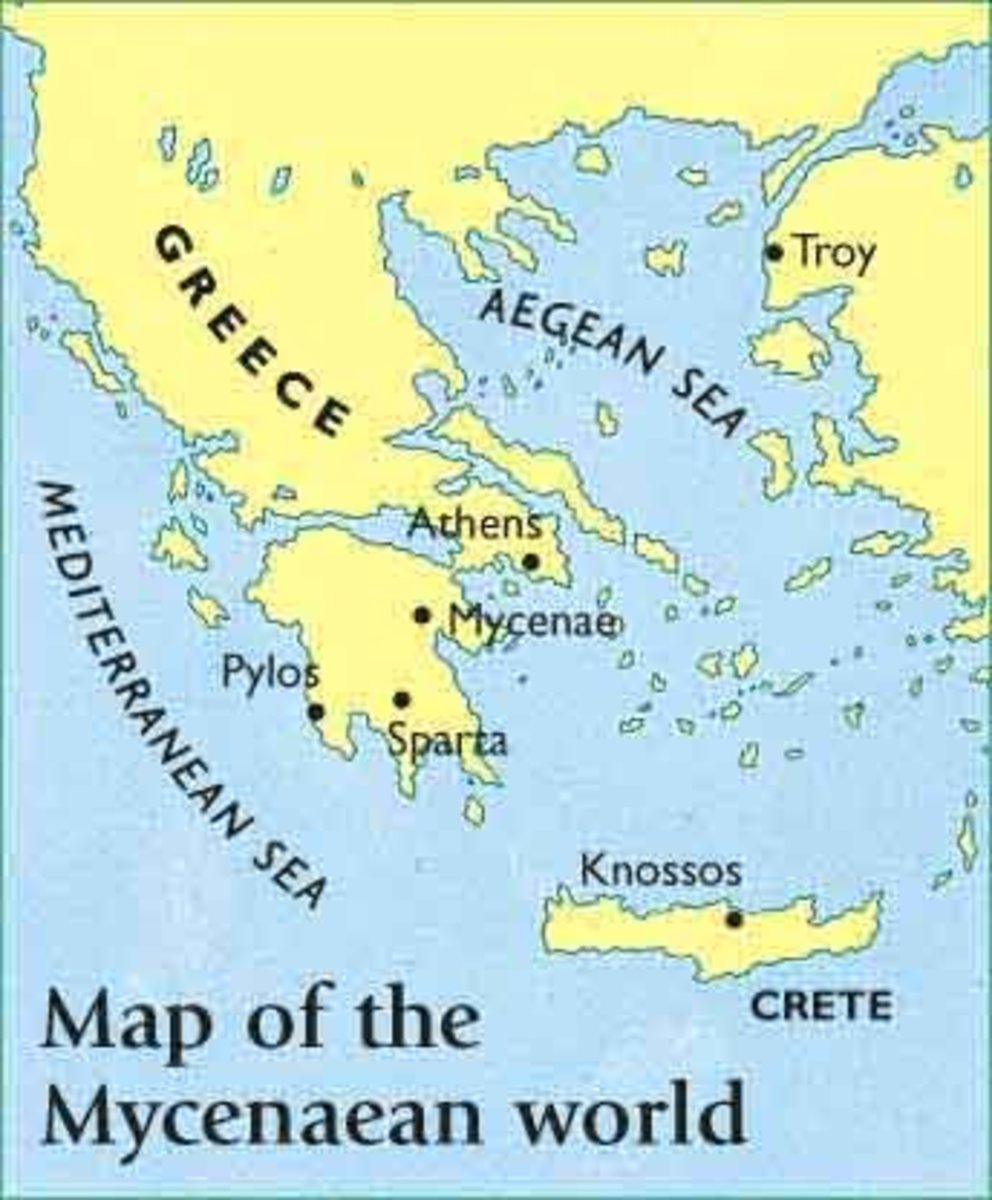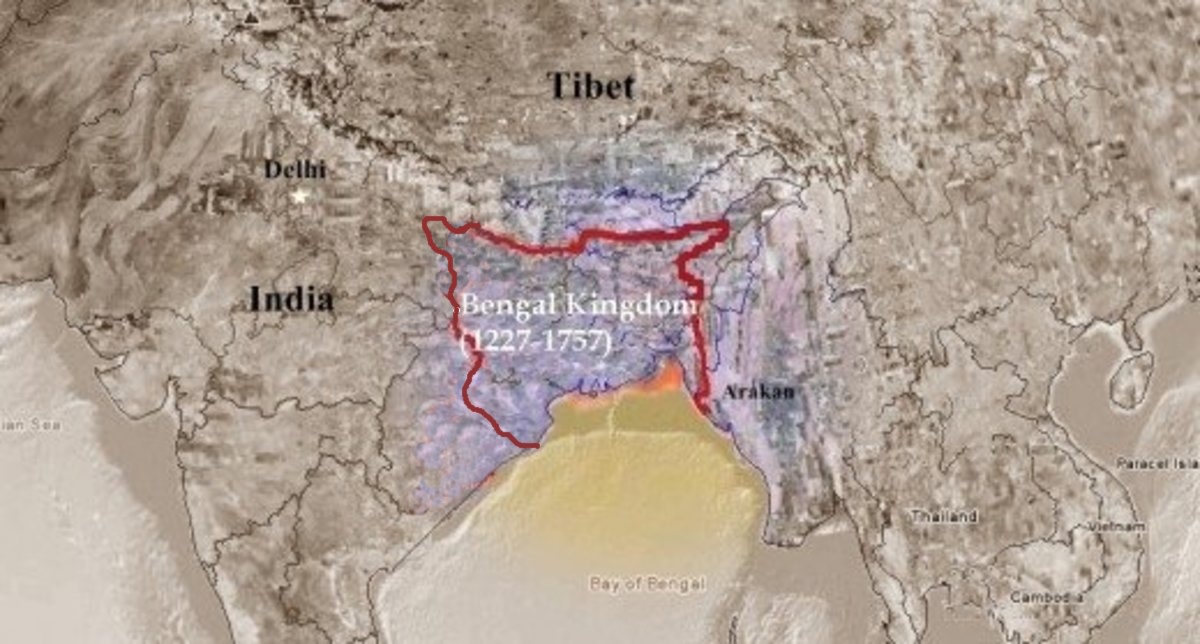The Clear Impact of Religion in the Fall of the Roman Empire.
Roman Culture Dominated Much of the Ancient World.
Roman Emperors such as Julius Caesar were instrumental in the creation of an empire that would last for over 600 years .The Imperial Roman Empire is possibly the greatest empire to have ever existed in the ancient world. At the height of its power it stretched from Britain (excluding Scotland and Ireland) in Western Europe to the points where Europe and Asia combined. It had dominion over the lands of Continental Europe, in what is now Spain ,Italy , France, Greece ,Turkey , Austria, Bulgaria ,Croatia ,Serbia, Romania and some parts of Germany.
In Africa, the Romans annexed modern day Tunisia, Morocco and Egypt. The Romans went into Asia where they gained a foothold in the lands which Alexander the Great had once conquered. In the Middle East, the lands of Syria, Persia and Judea, fell within the Roman Empire's sphere of influence.
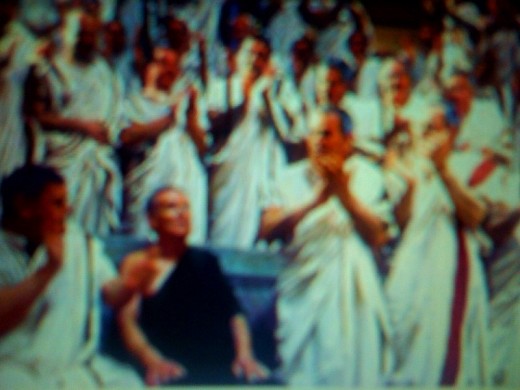
The Ultimate Empire
The Roman Empire was an empire which others in the future could only dream of emulating. The only empire to match its reach is the British Empire but that was a different type of colonial power to Rome as it had many rivals vying for territory. For an empire to last over 500 years, it would have been an administrative nightmare.
Historians have many theories why the Roman Empire eventually fell. Having looked at the many theories, I personally believe that Rome's downfall was down to religious intolerance and the rigid inflexibility of the Roman's superiority complex. The Roman's believed they were untouchable and superior, they did not adapt to social changes and were unable to arrest the decline of their own glory.
The Legions Were the Colonial Force of Roman.
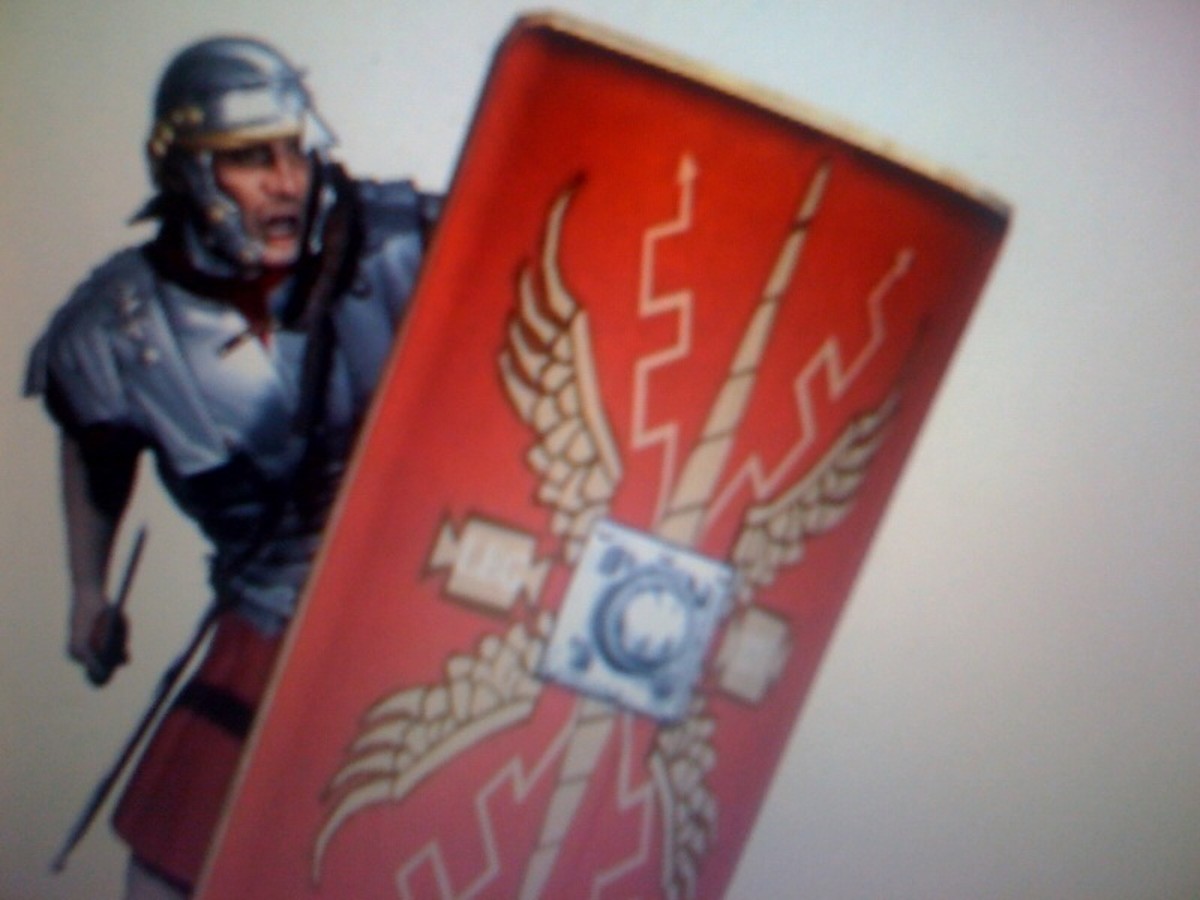
The many faiths and religious beliefs within the empire were instrumental in its decline. Christianity and Judaism were both important rallying points for those who opposed the Roman rule of foreign lands. With the Roman occupation of the holy land of Judea, Judaism had to exist with the Roman belief system of many gods each controlling certain actions, desires and elements.
With each successive Roman Emperor the tolerance to the indigenous religion changed. When draconian laws or crackdowns were unleashed upon the native population. The Jews in Judea where able to strike against the occupational forces by using guerrilla tactics. When draconian rulers persecuted the Jews, rebellion usually followed. Although the Jewish insurgents scored hits upon the occupation force, the ring leaders were often quickly discovered and executed for their crimes against the empire. This created a legend and a martyrdom that allowed rebellion to continue and inspired other areas such as Greece to revolt.
The split of Rome into a Western and Eastern Empire was possibly a consequence of the religions not sanctioned by the empire. With the growth of Christianity the Roman Empire was under pressure to adapt to the new religion of the new millennium. In the early years of Christianities beginnings it was regarded as an obscure Jewish cult. Little did they know, that in less than 300 years it would be the Roman Empire's official religion and would itself become the foundation and protector of the Christian faith.
The use of foreign auxiliaries from both the occupied lands and those tribes in alliance with the Romans brought added problems for the mechanics of good government. The Romans were entrusting their safety to warriors of a culture who were not Roman and did not follow the same belief structure as Rome. The tribes of the east that were sent to augment the standing force of the legions were pagan, whilst the legionnaires that they fought alongside could be Christian or could still follow the militaristic gods of the empire.
Inviting a people into the heart of your community who fight alongside you without true loyalty creates a cancer in your settlements and weakens the chains that bind.
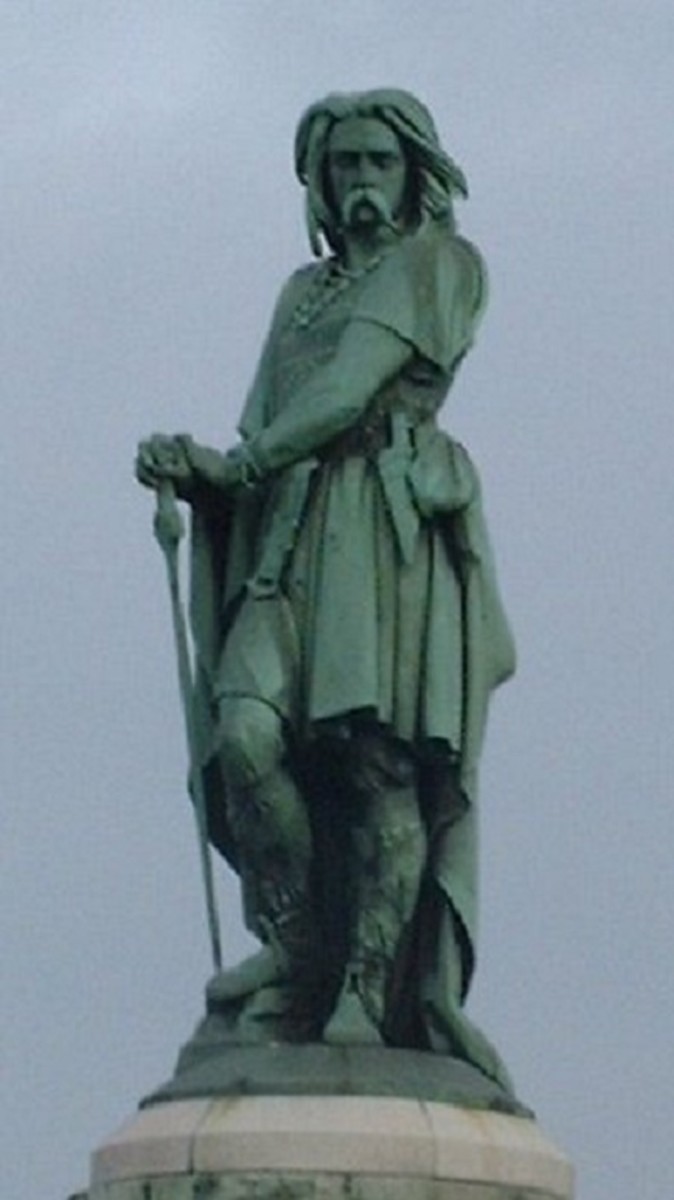
A Higher Power
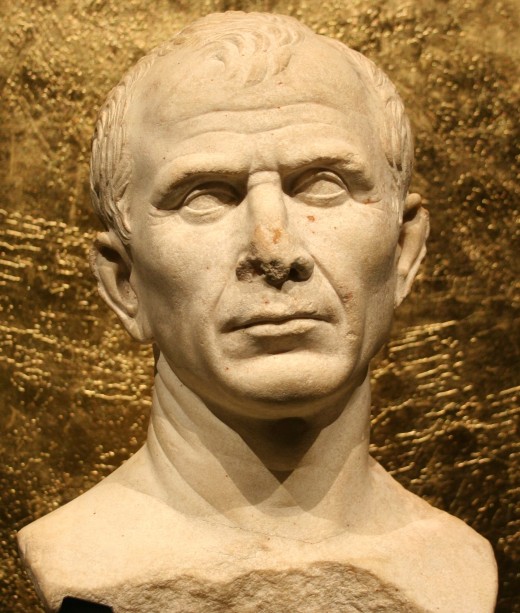
Belief
It is my belief that Rome was unable to pull all of the different cultures together and Romanized the indigenous population. This meant that the borders of the Roman Empire were never going to be fully secure as the annexed Roman territories always held the enemy within. The opponents to Rome relied on their own religious conviction to wear down the mighty Roman war machine not by conflict, but by a slow attrition built around faith.
The Northern European tribes and their warrior religion encouraged their men to fight hard and be fearless, while their womenfolk were instructed to encourage and chastise the men into being the ultimate threat to the Roman Empire. The pagan Germanic tribes were a constant thorn in the side of successive Roman Generals and Emperors. As much as Roman citizenship could tempt the barbarians with wealth and earthly success. Their pagan religion could remind the population of who they were and where they came from. And this alone caused a resistance against the Roman occupation of Eastern and Northern Europe.
Faith was a Powerful Weapon
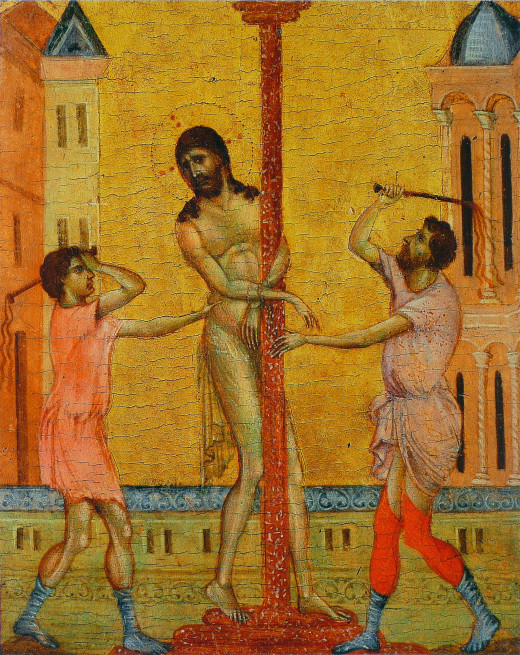
If I were to state that the growth of Christianity was a contributing factor to the fall of the Western Empire, then the rise of Islam was responsible for the fall of the Byzantine Empire. The Eastern Roman Empire ended in the fifteenth century A.D, although it did outlive its Western counterpart. It too suffered the same loss of territory and prestige. The Byzantine Empire was involved in many conflicts with the Arabs and Muslim Turks. The Byzantine Empire supported no religion as its state religion, but under Constantine a preference for Christianity was obvious. The Eastern Empire fell to the Muslim Turks as they were more organised and they wanted to spread their faith throughout the area.
What do you Think?
Was religion the reason why the Roman Empire fell?
- The Roman's Interest in Celtic Britain.
Celtic Britain was a mysterious place on the edge of the known world. After the conquest of Gaul by the Roman empire, only the British Isles was left to keep the Celtic legacy alive. - Britain's Lost Roman Gold Mines.
When the Romans invaded Ancient Britain, they knew that the land mass had a wealth of natural resources. Gold was one of these precious natural resources and the Romans swiftly took over established mines. - Why the Roman Empire Never Spread and Conquered the ...
The Roman Empire brought civilization by spreading its culture by conquering much of the ancient world. What stopped Rome from spreading its ideology and culture all around the entire world ?
This content is accurate and true to the best of the author’s knowledge and is not meant to substitute for formal and individualized advice from a qualified professional.
© 2019 Andrew Stewart

